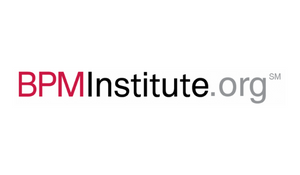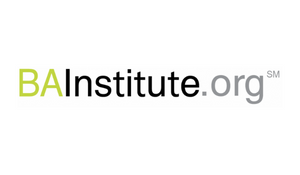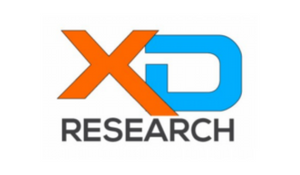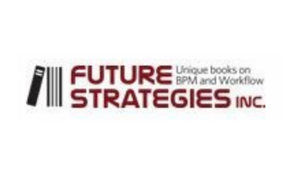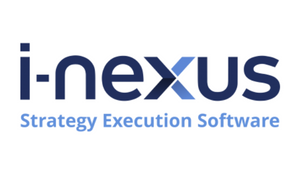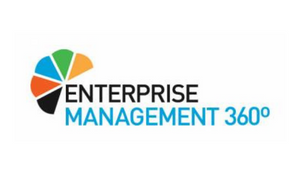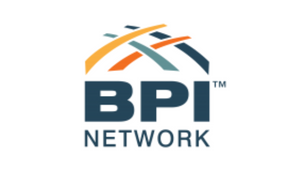
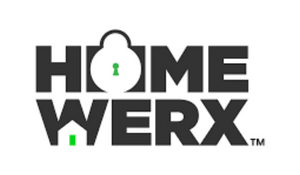
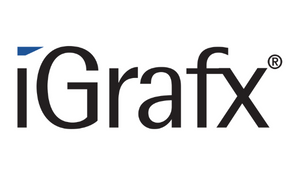
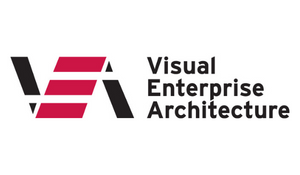
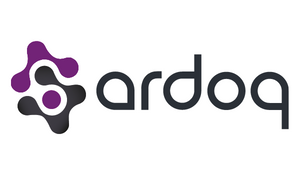
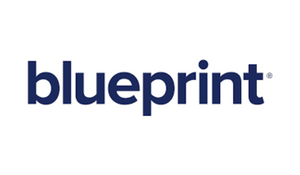
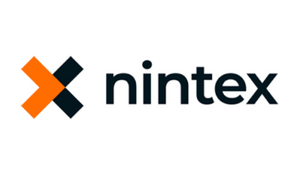
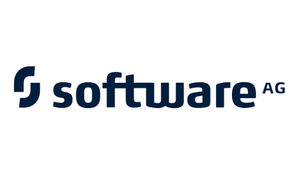

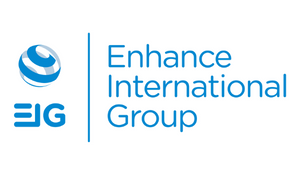
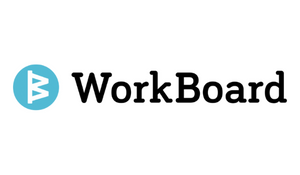
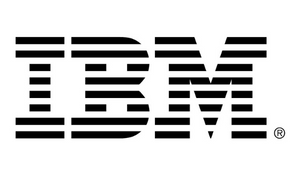
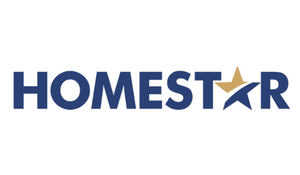
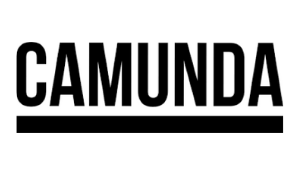
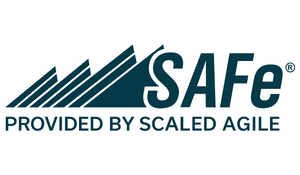
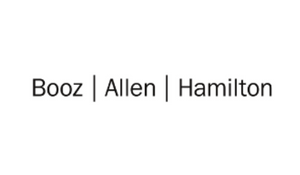
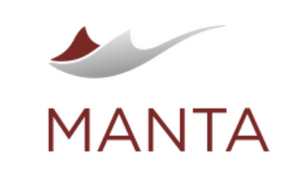
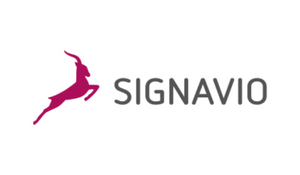
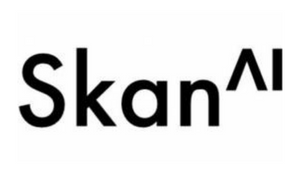

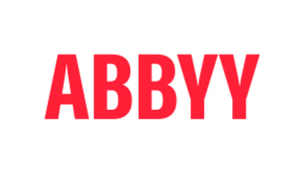

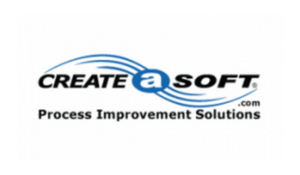
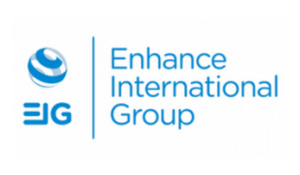
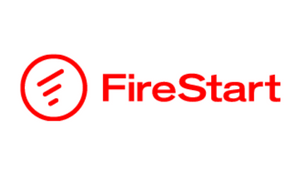

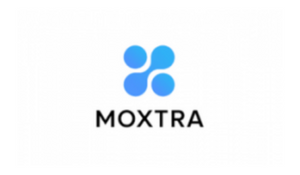
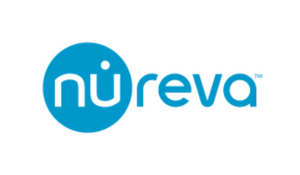
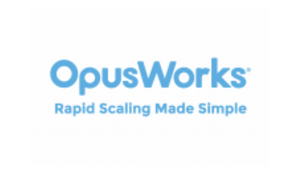
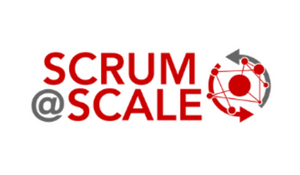
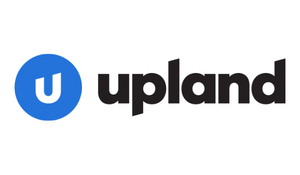
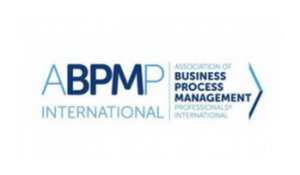
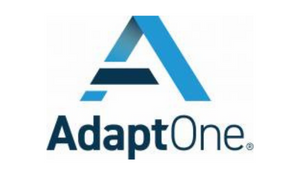
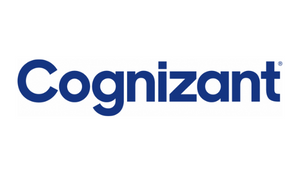
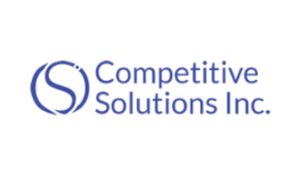
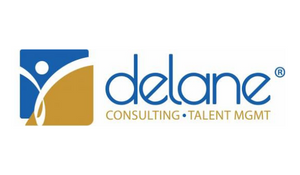

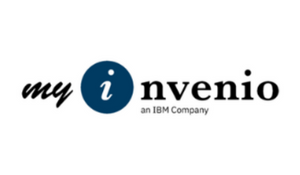
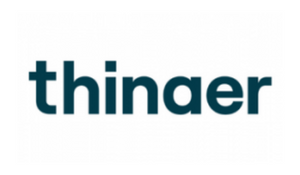
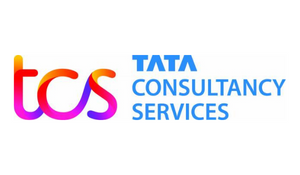
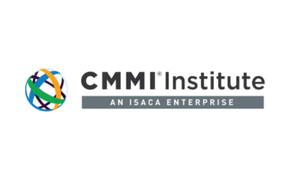
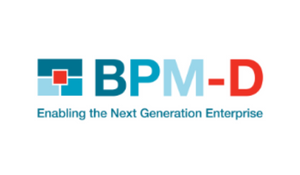

Courtesy of Warner Media' Janice Minnis, below is a transcript of his speaking session on 'COVID 19: Application of Process Management' to Build a Thriving Enterprise that took place at BTOES Process Mining Live Virtual Conference.


Session Information:
COVID 19: Application of Process Management
Have you ever felt like you are in an end-of-the-world sci-fi movie where the world leaders aren’t listening? Do you feel like you have seen this movie before? And somehow you can’t help but think… this is really happening to us and I thought we were smarter than this…!!!!!!
Session Transcript:
I'd like to welcome Janice Menace Global Change Manager to be here with us at Jan ... is a graduate from Georgetown University, and has extensive experience as an executive in the Private sector Education, non-profit Organizations, and is the former Chief Information Officer of the National Education Association. She has spent over 20 years consulting as a technology transition leader in the commercial sector, delivering innovative solutions and providing operational efficiencies and process management. She is an ITIL and change management process. Certified and currently, a global change leader, major organization. I'm very glad to have you here with us, meaning Jan. Please go ahead and click your icon to bring your camera on, and we very much look forward to your presentation.
OK, good, good morning, and hoping you can see my screen, OK, Yeah, we can, it's actually covering my presentation.
So, let's see if I can minimize that, OK.
Good morning, everyone, thank you so much for the opportunity to talk with everyone today. This is a wonderful time in a unique time, for process management, with all the industry leaders, Change agents, we've heard of the last three days, I get an opportunity to talk about Kovac 19, which, this is a subject where either tired of talking about, or we're really excited to talk about, on and the application of process management. So, today, I'm going to talk a little bit about the events leading up to 19. Because in process management, process, mining activity work, we're always looking at our current state, where we are today.
We're going to talk about the trends and the patterns.
The transition state, how we need to move from where we are today to a new normal. And, of course, we've all been talking about the new normal and what that looks like.
Now, a lot of my colleagues earlier today, have been talking a lot about technology.
Well, I'm going to talk a lot about human behavior, and I'm youngish stretch this across our planet, because the work that we do, as technology leaders, change agents, and professional consultants, are so vastly important to not only organizations, but every entity with on our planet. They need people like us, like you, to help them in the work that they're doing, and to start a new world after a curve at 19.
That's something it's really interesting, as I hear everyone talk, is that as we've gone in and out of different organizations, and we've seen organizations doing very well, not doing that very well. And we've seen a lot of organizations that we go into our part of their own, undoing these organizations, have strong principles, great strategic plans, best practices, and processes in place there, for, the most part, thriving organizations.
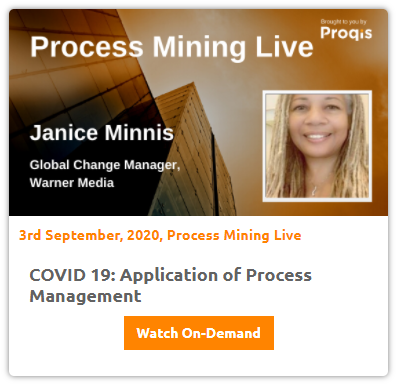
But, the reason why we're there is because something's not quite going well, You'll see signs of the profits down. Maybe they've lost a few key accounts on, the company, has to layoffs and folks. They've had to cut backs and there are signs that the organization, with, and some of their practices and processes, are not going well.
And we all know that politics is very ripe. And all the organizations that we go to, there's a power play going on or is there enough money to get some I consulted and to help or someone's preventing someone from coming in?
So, this is the real-world. We get our hands dirty when we go into different organizations, and typically, no one wants to say anything before, it's too late.
So that's what we're going to talk about with curve with 19.
I think we, we had a lot of people in our world today talking about we're in trouble. Our planet is in trouble, and we didn't want to talk about it.
So I'm going to go forward and talk about our current state, our current condition, if you can see here.
Sure.
This particular graph here shows that since 19 59, this is a graph from the.
Database disaster database.
This curve is very steep since 19 59.
We have so many natural disasters, starting from 19 59, and it was a very sharp curve. We've had climate changes, water rising, the melting of the polar ice caps, massive flooding, natural disasters, wildfires, increase in seismic activity without conflicts, of course, wars across our world.
Of course, racism is on the rise. We've had economic crisis, worldwide hunger, mass shootings, threat of nuclear, or of course, infectious diseases. And at this point, we are now at a world wide pandemic.
This map below is red.
It is read across our planet. It didn't happen in a community or a town.
It happened across our planet, so there's industry leaders like ourselves.
We're starting to think, well, kind of what is going on the world that we know of working and organizations in helping them out has kind of come to a standstill.
So, let's Dance.
So, somehow, another, I feel like I'm in the end of the world sci-fi movie, and the World leaders aren't listening.
Do you feel like you've been in this movie before, and somehow, you can help with a fake?
This is really happening to us. I thought we were smarter than this.
And I believe we are solving this all for the last two days I've heard a lot of people provide a lot of really good information about process mining.
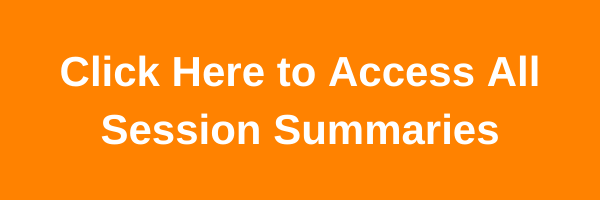 And where is all that information going?
And where is all that information going?
Why couldn't we stop this from happening to lattes?
When was someone going to say stop?
Sorry. When was someone going to say stop?
And so the idea is that we've been rolling downhill, like a snowball gaining philosophy, and it's been continuing, and I can't help, but think the new Universe, Mother Nature, something out there.
sent us all home. The reason why we're doing this seminar right now, is because we're all at home, were not in those organizations. So we have to be real about what's really happening to us.
We're not in those organizations that somehow we got off track, didn't keep our promise to building a better world, and I can't help, but think that this was done on purpose.
Everything happens for a reason.
So, our daily processes have broken down.
And if you think about it today, we are probably a couple of steps from complete deadlock.
People are dying at an unprecedented rate.
We can't go to our jobs.
Schools can't open food is scarce.
Homelessness is increasing at a scary rate, and people can't pay their rent and mortgages.
And all of this is also hinged on the domino effect.
one system is impacting the other systems.
So not only do we have processes that we're using every day, but we have major systems that are also breaking down these systems for the most part, lots of band-aids in them. They weren't perfect systems.
Just like you, we go into organizations, they have processes, they have systems, they start to break down our health care. Medical shelter systems are employment systems, education system, agriculture system.
And of course our economic system, our economic system being built on a spend the economy.
So if we're not spending we're in trouble said Georgetown University we had a Jesuit priest sustained with Fathers Rainey.
He would always chuckle about the fact that when we finally realize spending and spending and spending wasn't going to work, he'd be long gone.
So, he's one of the favorite people at Georgetown and I always remember him saying that, but I didn't think I would have to live through it, but we are, so what are some of the current trends that are emerging since curve at 19 has occurred?
What have we discovered?
Since we've gone home, we've all been so busy and chaotic, and we kinda really forgot what life is like. So, all of us are sitting at home, looking at this presentation.
Our relationship with our loved ones, our finances are at risk, or elses, are not clean because we need to clean them, because they are, immune systems, are at risk, and we need to look at cooking at home, again, we've been eating out, everything is being done from home.
Shopping, connecting with others. How many of you have had zoon everything?
We actually had a zoom graduation for my daughter because she couldn't go to school and graduate, people working from home teaching, Your entertainment is from home, and medical appointments are from home.
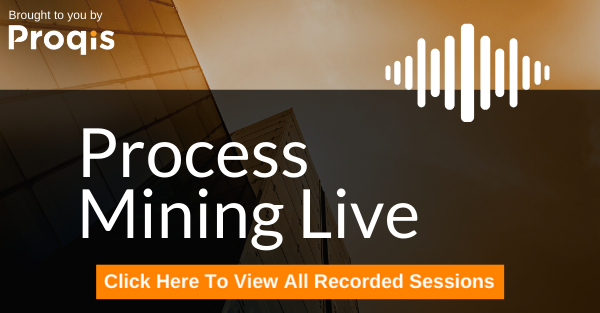 Lots of almost everything we do now is in front of the computer.
Lots of almost everything we do now is in front of the computer.
In fact, children are in front of the computer all day long, probably risking being overstimulated by the Internet.
So we're in a new world. And we have to start thinking a new way?
We start with people who are parents, are starting to wonder, am I working from home or working for home?
That's because there are many, many. We've got large organizations that we've been working for it, but now each one of our homes are becoming these miniature organizations where we're getting for the morning, making sure food is ready at lunchtime, and then we work in between all of those time.
So we are really working hard at home.
Some of us have rediscovered our backyards. Nature.
We are getting outside more, and some of us are just slowing down, and I invite everyone to really just slow down and take a deep breath, because we have a lot to tackle going forward.
The domino effect has left us all realizing that we're all connected, and we all need each other.
And our focus on the Spending Khan Academy.
That's a, really, turn to the best practice at the best process for us. Not, not an infinite economy for all, but spend, the economy does not help every person on this planet.
So, as we get through Curve at 19, we started to think, we're going to have to adapt to where we are today.
All the tools and all the practices are not going to work unless we adapt to our current situation.
Got a little picture here of all these people with masks, because that's what the world looks like now.
When we go outside, our current processes are not the formula to move forward, um, so we all want to return to what we used to do, and somehow the universe's encouraging us to do something new, something better.
We've done this for far too long, and most of it is not working, Otherwise, we wouldn't be in the state that we're in.
The one most important thing I know we need to do right now is to adapt our current condition quickly before a nether world disaster occurs. As you know, that steep curve that we saw since 19 59 disasters happened occurring.
It's almost as if we ignore it, just like organizations have a tendency to just kind of a new ignore some of the things that are happening. But as industry leaders, we've been given a unique opportunity to slow down, and remember who we are, or discover, who we really are. What do I mean by that?
Who we are, or people at this planet who've got two major blimps going on, and it's gonna take that leader that's inside you, that change agent, that's inside you. The technology leader that's inside of you to really help organizations to move forward.
If you think about it, many of the organizations today are using organizational change management to get communications out about ... 19, returning to work. How to take care of yourself during this difficult time? How to manage your time at home? They're doing everything to support as well where at home?
.png?width=742&name=Screenshot%20(4).png) And at the same time, those big buildings that are downtown or wherever they're located are empty.
And at the same time, those big buildings that are downtown or wherever they're located are empty.
All of the eateries in the restaurant at least go to, are empty because we are in a state of crisis.
I'm saying that it is Koby, 19 everything. It's close, It's like a ghost town.
So we want to talk about how do we move forward from here.
Well, we're going to need something new.
Because I don't know if we're going to completely overcome this, but there's going to be some time where we're actually going to have to figure out where do we go from here.
And we're gonna have to open ourselves up to Sue to some new solutions.
We don't need to over analyze or overcomplicate things.
We do know that we've probably made a mess of our planet, and it's going to take hard work.
And it, and this adversity will make us better people, I think we have to work hard.
Um.
Use our human wisdom to overcome these difficult times. Too many times. We, our own air arrogance has led us down the wrong path.
I think we need to take a deep breath, and I think that brings clarity, inspiration, and we have to appreciate what we have and build on what we have.
So, all of us being industry people, I get to have this opportunity to really think about what the new normal needs to look like.
I think it needs to be disaster proof.
We need to prepare ourselves for the worse, given that curve, moving forward, we need.
Prepare ourselves for the worse. I believe the new normal requires something beyond human arrogance. It will require the sole power and ownership it earthlings to recreate a world that must avoid the mistakes of the past, and the humility to accept the future, that it's aligned with the plant true intentions.
How do we work and the new normal and how do we go forward?
We've never encountered anything like this in history, maybe the flow. But that's it, where the entire world was impacted by something like this.
Our new processes must possess earthly ingredients and universal principles for all humankind.
So, while that's a pretty lofty statement, I did come up with some overarching principles that I think will help us move forward.
Um, first of all, we need to accept kind of where we are. I think we're all thinking we're going to go back to work and everything's going to be the same. But I don't think that's necessarily going to happen because every time we look, there's a new flare up.
We need to accept that.
We kinda screwed up and humbled to the fact that we have to have a positive mindset and we need to look at higher evolution for humankind.
The skills and experiences we all have as change agents, as technology leaders, I think, will play an important role at this unprecedented time.
We have to accept that we must change that a reconstruction of great transition needs to happen to our planet, reflection on what has worked.
There are no rules for what we're experiencing today, and we have to allow our skills to evolve olive as our industry leaders and evolving is where I think we need to be.
respect and honor diversity and create a beautiful malty tapestry of leaders who can invest in youth and forge ahead with new energy. We have no idea.
We had no idea that this was coming, but it's here.
We have to dig ourselves out of this hole.
There a lot of people who are unemployed or not working, or not going back to work, we certainly need to build a culture of hard work, discipline, co-operation, support, and respect and openness.
First of all, we have to accept kind of where we are.
We have to trust the fact that way up to move forward on.
And this is an invaluable time to transform ourselves and there is going to be a lot of heavy lifting.
Some of us are still working, but there are a lot of people who are not working, especially in the United States.
And time may not be on our side.
So we're going to have to take calculated actions to move forward, and I think that's the toolkit that we need to have.
Um, materialism cannot be the mode a motivating factor.
I think at this time, we need to participate in creating happiness for all, um, Wes, good health at harmony and prosperity for all.
This is a very difficult time, and, not only in organizations, but throughout our different communities.
And I think we have to work together to make sure that we're moving forward with, with everyone in mind.
So, with that, those are some of the overarching principles for the processes talked about, and I can take some questions right now.
 Very good. Very good.
Very good. Very good.
I'm going to bring my camera back on Jan and if you can stop sharing the presentation on the goto Webinar interface and?
Let me change my background.
I want to get the right background for our discussion here.
And how do we, how do we, how do we lead this cultural revolution or evolution from home.
So you have stopped sharing your camera, I need you to toggle your camera back on and stop sharing your presentation and the it's there on the goto Webinar interface. Yeah, good job. And now go into under the, under the red arrow on the right hand side, there's a tab called Sharing. And if you click on that and then you click on the button that says Stop showing your screen.
And again, the now your camera or your camera's good and keep it on.
OK, under the arrow, there's a little tab to the right hand side called Sharing where there's sharing Webcam audio dashboard. If you go, do you see that?
It says, It does it.
There's something on top of it.
Shall now, now, that's the click click on your camera icon again, so that your camera's back on. A little. You see a little red box with a white arrow on top of that?
Yes, OK, to the right of that, there is a number of tabs, The first tab is called sharing.
Can you click on that tab? Under that tab, there is a button that says, stop showing your screen.
Hm? Hm, hm. I have stopped sharing webcam.
OK, because you're clicking on the web cam, did you do you see a tab that says sharing all your family showed up? I'm sorry, I say which one to Scott?
and then you click Stop showing screen Under sharing.
There you go, you got it. You got it.
We got there. Awesome.
All right, so So we have questions that have come up here Thanks for sharing that, So it was really interesting because as you of course. In our, this is a process mining conference. And we talk about this very tactical things, and then people talk, let's talk high level, and they bring to life the 30,000 foot level. And the, and then you have brought us now to the 600,000 foot level, and looking at, you know, all of the systems around us, and, and talking about mining processes from the highest level. Maybe there is a universal one that's even bigger than that, but that you really expand their horizons here. And there are some questions here. The first question that has come up is that how much of this comes from William Fuller? And the question is How much of this current state that you described, is a result of pursuing what? he calls local Optima which is clan or tribe of focus?
Rather than Global Optima which is inter-dependence.
I think you'll talk a little bit about that. But if you can expand a bit further on that, how much of the current state is driven by?
this focuses on optimizing locally versus optimizing globally?
I think I think we have to work in both areas.
I mean, If you If you look at where we are right now, we're all sitting at home and we're working from our homes, in our towns or in our communities and we really each person has a responsibility to really try to reach out and think about what the new normal looks like after this.
 Pandemic. This has been a, an eye opening for everyone. I don't think we've had one that has been all over the world, maybe since the 18 hundreds and then we weren't even really connected with each other each other.
Pandemic. This has been a, an eye opening for everyone. I don't think we've had one that has been all over the world, maybe since the 18 hundreds and then we weren't even really connected with each other each other.
But it's a time to really look across the communities and to see how we're going to move forward.
We don't know who each other is because we all have mask on and every time we think we're getting the pandemic is slowing down, we re-infect ourselves and then and the numbers go back up.
And so, how do we, how do we move forward?
Unless we really start thinking about working together to build new practices, new, that's going to support every one verse, Because what we have today isn't part is it probably working since we're in the predicament that we're all we all were sent home? So we're thinking about the Universe's Center's home. What should we do?
Her Mother Alonso Torres race wrote this in Spanish so he's really pushing my my knowledge base here now, and because I actually speak Portuguese, but I understand Spanish. So I'm gonna, I'm gonna give it a shot here, Herman .... So, I'm gonna, I'm gonna translate. He says, Excellent presentation makes us. Think about the human attitudes. Our feelings, our thoughts different from just acknowledge that simple simply produces the same results faster. So so it's more of a commentary.
The follow up on, on someone else here is that you talked about the fact that we're not only we're not only experienced disruption, but we have experienced a dislocation, which is different, a dislocation disruption may be an event that happens and changes things. And there's some hope that things will kind of come back to normal. Just certain extent. A dislocation is like tectonic plates that move and will never go back. So, is that how you feel about what's going on now, and talk a little bit more about that if you're good?
I think we are at a point where their weight, There are things we're not going to go back to, and I think everybody's hoping, we're going to go back to our old normal, But I don't think we can.
Um, we, at least here at the United States, we have so many people that are not working.
There, I'm one of the lucky ones, and I consider myself lucky. I'm in a very large organization. And we, and we continue to work at me maybe more of a critical person because I do to change management, type work. But, there are a lot of people around the world, and small businesses that are not working.
And they're trying to figure out what the new future looks like.
And, I think we all have to work together to figure out what that looks like. And how do we prevent this from happening again? Maybe we have to become disaster proof, so, we don't. So, we don't experience it again. And how do we have abundance for all I talked earlier about different systems. We haven't faced economic system, agricultural systems, all these different systems we have in place, but it's really all been held together by band-aids, for the longest time. I'll take one particular system here in the United States.
We have families who may not who are at the poverty line and they may not have enough food. So what they do in the schools here in the United States is we provide them school lunch.
So we know that children during the day get fat.
Wow, that's a band-aid Because, you know, when schools over the summertime comes, we're trying to find out, give, make sure they go to a camp so they can get.
And we really have to get to a point where we're really solving problems sustainable, or having a sustainable solution versus a band-aid. And most of our systems are band-aid systems, and we're not focusing on fixing them.
So, I think it's kind of amazing that, for whatever reason, we evolve and sit home, go back, and figure it out, and do it right.
And that's where we're sitting today, And I think the people who are on this, that's on process many today, live, or some of the people that can help solve these problems. You guys have been doing this work for a long time. You know how to put processes, processes together that work.
You need to be used for solutions all across your countries, and communities, helps them solve some of these issues.
I thought it would be, oh, I was asked to talk about cope at 19, and I thought I would stretch it out to a global issue since this is a global live event.
And not just from my own perspective, I'm actually drill way down into the United States, into the south and in Atlanta, Georgia. I'm originally from Washington, DC.
but these are problems I think everybody is experiencing across the world, maybe Corbett 19 wasn't maybe not as bad in some areas as it is different areas but the solutions are the way we've been living and has not necessarily work because an infectious disease took our entire planet out. So how do we move forward?
Fair, good. Lots of comments are going on here so I'm going to try to capture some of them. one here that's, that's a bit of a different perspective.
So I'll share with you, and the perspective is that, first of all, that, an acknowledgement that, while we're living through right now, is terrible, is having awful impact on society around the world. And the people are dying in this. You know, and we can not diminish the negative impacts of everything that's happening right now.
But on the current, on the opposite side, I'm so glad that we're living now and not let's say 1920 where we have a similar pandemic going on and that during that time, 500 million people, one third of the world's population got infected. up to 100 million people died in a time where the world's population was 1.5 billion. So, from a percentage perspective now, you know, we're really lucky to be living in the world now.
.png?width=742&name=Screenshot%20(4).png) That we have, you know, some ways of dealing with this, that we can, you know, there are, some treatments are not fully effective, but it still help a lot of people healthcare today. so much better than it was 100 years ago. That we have a, we have the prospect of a vaccine, that, back in 19 20, you know, it was no air in the, in the in the radar for them. So, there is this gratitude for being alive now. And, and even though this is really a big event, we statistically speaking, the percentage of the population that's, that's being, you know, severely impacted is much less than 1020, I think we could all agree with that. So I think the message here is that there is cause of optimism for being realistic, optimism, for being alive now, and being able to make a difference now. So do you still see optimism among all of this stuff that's going on?
That we have, you know, some ways of dealing with this, that we can, you know, there are, some treatments are not fully effective, but it still help a lot of people healthcare today. so much better than it was 100 years ago. That we have a, we have the prospect of a vaccine, that, back in 19 20, you know, it was no air in the, in the in the radar for them. So, there is this gratitude for being alive now. And, and even though this is really a big event, we statistically speaking, the percentage of the population that's, that's being, you know, severely impacted is much less than 1020, I think we could all agree with that. So I think the message here is that there is cause of optimism for being realistic, optimism, for being alive now, and being able to make a difference now. So do you still see optimism among all of this stuff that's going on?
I see optimism, but I also see that we need to make a change.
And I don't think we, at the very first chart, I showed on, showed how, initially disasters have been occurring 1 by 1, since 19 59, and I don't know if we've ever looked at them collectively, but it's been a groundswell.
And we get focused on other things, and don't realize what's swelling around us.
And, for the first time, we're all at home.
I don't see even the events that have occurred in the past did not affect us at a world wide level. Like, it has done this time.
And I know different people have been affected at different levels, but we're being affected in a way where we don't know what the new normal it's going to look like down the road. And we think things are just gonna go back the way they used to be. But somehow, another, the way we used, the way we've been living, is it working.
So how do we move forward and really with it, with a new sense of things, are moving and more positive, direct direction, and not having to deal with a worldwide pandemic again.
Hey, there!
I'm sorry, I was muted. Monish Qatari has the next commentary and question here. He says, Manage says that companies have implemented a five year plans, and not in less than 90 days, and they move to the cloud. The remote working. You. know, and, and then the really.
They really moved very fast to try to adapt and, And he's, he's his question is, can society apply some business principles for the way that it functions and trying to move our culture at that same level speed? Because, culture change takes a long time. And if you talk about world, global culture change, that's a very long journey. Are there things that we can do to speed up the achievement of this new state, that, you know, you, that you talked a little bit about?
Um, I think sharing really helps, and leveling the playing field, a lot of times, we have a tendency not to want to talk about what's really happening.
And when, when you level the playing field, and really get a sense about what is happening, I think, we're able to move forward on.
We can't sugarcoat what is happening on our planet.
We have to really look at, look at things and plan for, what, what could be coming down the road? And I think that really, that really helps us all to really be more forward thinking, and to be honest with what's coming down the road.
I don't think we, we would prefer not to either think about it, but.
I think just everyone listening has an opportunity to really think about how to move forward.
And on that one final question, Jen, how, what do you suggest that we all do to help move the world in this Neil better direction?
I don't have that much time, I was going to ask about solving world hunger, but I decided to skip that one and move to the second Life.
What can we do to move things forward?
I think dealing with reality is the most important thing.
If we don't deal with reality, we can't really solve real problems.
I think the other thing is, looking towards the future, and trying to plan, can really help us, and I think, we all have to try to be as positive as possible, and work together to really come out with come with a positive outcome.
OK, yes.
Very good. one final commentary to add to what you just said there. Mister Fletcher here saying that I believe we need to assist individuals off their own perspectives and abilities and beliefs. Build, transform these and other intrinsic systems. Plant and grow the seed, which grow every day and find the positive, and build on that. Then growth and change, can happen for the better. So, I think that the so good commentary from the audience also choose to add to what you have just mention. Jen, thank you for bringing us a broader perspective on what's going on in our organizations and beyond that in our world, and the end for share your views with the audience today.
Great. Thank you.
All right, ladies and gentlemen, very good at, they were going to be wrapping up this segment, and at the top of the hour, where we're welcoming our next guest and our next guest, comes from UI path. And that's Rudolf ..., the Vice President of Process Mining For UI Path And Rudy.
He's gonna talk to us about learning why process mining itself provides little value. So, talking about taking a contrarian position here, Rudy is going to share with us how process mining, which is something that he's an expert on, provides a little value. So, you do not want to miss that, that perspective, a different perspective, on, on technology, a different perspective, on process mining, and we look forward to seeing you back at the top of the hour. Thank you, everybody.
Thank you.

-1.jpg?width=235&name=more%20(13)-1.jpg) Janice Minnis,
Janice Minnis,
Global Change Manager,
Warner Media.
Jan Minnis is a graduate of Georgetown University, and has extensive experience as an executive in the private sector, education, and non-profit organizations. She is the former Chief Information Officer of the National Education Association (NEA). Jan has deployed full life cycle change management and project management methodologies for a large customer list of non-profits such as National Education Association, Fannie Mae Foundation, Sukyo Mahikari, and Federal clients such as the CDC, NIH, and Dept. of Health & Human Services. She has spent many years as a technology leader delivering innovative solutions and providing operational efficiencies and process management.
She is ITIL and Change Management/Prosci certified. She has deep experiences in fast-paced environments, managing multiple priorities and deploying enterprise level changes for strategic and critical multi-million-dollar programs. Jan is originally from Washington, DC. She currently lives in Lake Spivey, GA with her husband and four children. Following her work as an executive, she had provided consulting services around the greater Atlanta area as an organizational change consultant. She helps many Atlanta based companies with technology and enterprise-wide changes. Her commercial list includes SunTrust, Newell Brands, McKesson, Time Warner, Quintiles, and Freddie Mac. She continues to work in the education sector as a board member of the SAT/ACT Leadership Enrichment Academy. Currently she is a Global Change Manager at WarnerMedia.

View our schedule of industry leading free to attend virtual conferences. Each a premier gathering of industry thought leaders and experts sharing key solutions to current challenges.
View Schedule of EventsWelcome to BTOES Insights, the content portal for Business Transformation & Operational Excellence opinions, reports & news.
-------------------------------------------------------
Search for anything
Insights from the most progressive thought leaders delivered to your inbox.
Insights from the world's foremost thought leaders delivered to your inbox.
Being a hero is all about creating value for others. Please invite up to 5 people in your network to attend this premier virtual conference, and they will receive an invitation to attend.
If it’s easier for you, please enter your email address below, and click the button, and we will send you the invitation email that you can forward to relevant people in your network.
View our schedule of industry leading free to attend virtual conferences. Each a premier gathering of industry thought leaders and experts sharing key solutions to current challenges.
View Schedule of EventsWatch On-Demand Recording - Access all sessions from progressive thought leaders free of charge from our industry leading virtual conferences.
Watch On-Demand Recordings For FreeDelivered by the industry's most progressive thought leaders from the world's top brands. Start learning today!
View All Courses NowThe premier Business Transformation & Operational Excellence Conference. Watch sessions on-demand for free. Use code: BFH1120
Watch On-DemandInsights from the most progressive thought leaders delivered to your inbox.
Insights from the world's foremost thought leaders delivered to your inbox.
Being a hero is all about creating value for others. Please invite up to 5 people in your network to also access our newsletter. They will receive an invitation and an option to subscribe.
If it’s easier for you, please enter your email address below, and click the button, and we will send you the invitation email that you can forward to relevant people in your network.
Courtesy of Nintex Pty's Paul Hsu, below is a transcript of his speaking session on 'Improve employee productivity during and post-COVID by ...
Read this article about HP, Best Achievement in Operational Excellence to deliver Digital Transformation, selected by the independent judging panel, ...
Read this article about BMO Financial Group, one of our finalists, in the category Best Achievement in Operational Excellence to deliver Digital ...
Read this article about Cisco, one of our finalists, in the category Best Achievement of Operational Excellence in Internet, Education, Media & ...


